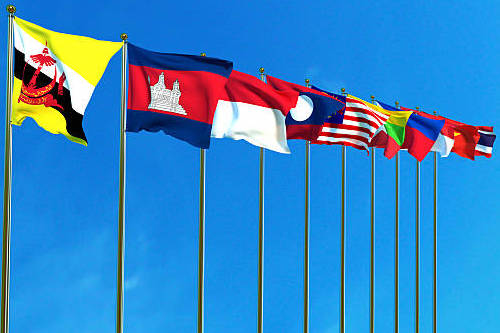
Mar 27, 2013 | Agendas, Events
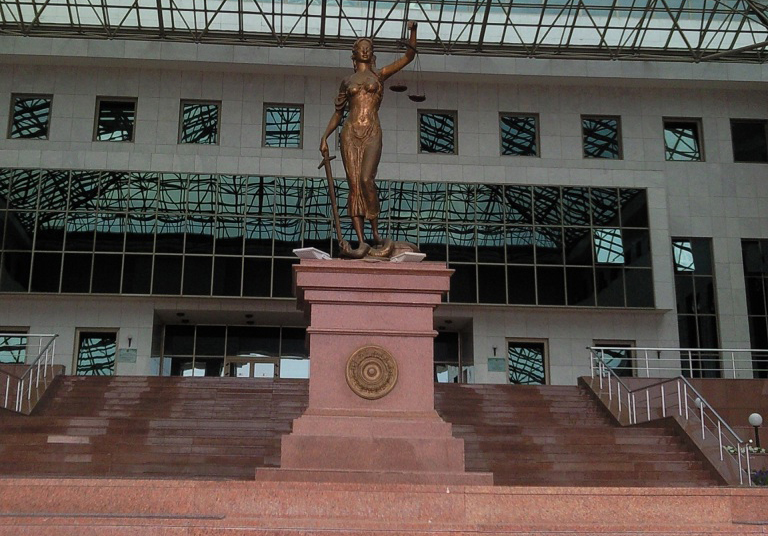 Lawyers from all five Central Asian countries participate in the seminar (28-29 March 2013) to discuss the independence of bar associations and problems faced by lawyers in working independently and effectively.
Lawyers from all five Central Asian countries participate in the seminar (28-29 March 2013) to discuss the independence of bar associations and problems faced by lawyers in working independently and effectively.
This ICJ roundtable seminar, organized in cooperation with the Central Asian League of Lawyers and to be held in Almaty, Kazakhstan, will address issues including the self-governance and organization of bar associations, their relationships with state bodies, lawyers and the public, entrance to the legal profession, lawyers’ codes of ethics, and disciplinary proceedings against lawyers.
It will also discuss problems faced by lawyers in criminal cases, in both the pre-trial and trial stages, and incidents of harassment or intimidation of lawyers.
Europe-CIS-ICJ Seminar Central Asia-event-agenda-2013 (full text in pdf)
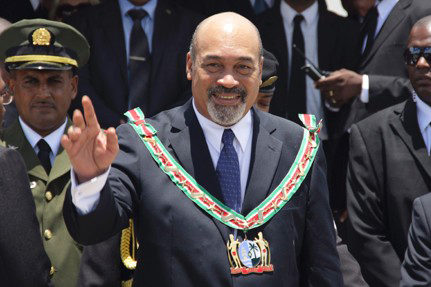
Jan 22, 2013 | News
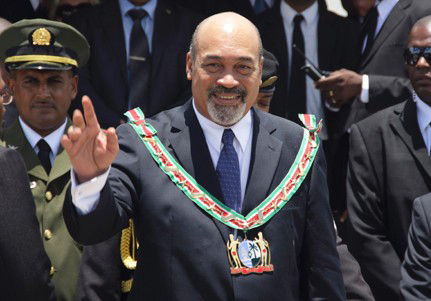 The ICJ today expressed its concern at further delays in the trial of President Desiré Delano Bouterse and 24 others, who are accused of the murder of thirteen civilians and two military personnel in 1982.
The ICJ today expressed its concern at further delays in the trial of President Desiré Delano Bouterse and 24 others, who are accused of the murder of thirteen civilians and two military personnel in 1982.
The ICJ further expressed its dissatisfaction with the continued uncertainty on the applicability of an Amnesty Law that could threaten the status of the trial.
No public statement has been made by the Suriname Military Court since the judges hearing the matter decided to suspend the trial of President Bouterse in May 2012 and leave it to the public prosecutor and an undesignated court to decide whether President Bouterse and the other accused should benefit from the country’s Amnesty Law.
“It is unacceptable that there have been no pronouncements in this case since the last hearing over eight months ago,” said ICJ Secretary-General Wilder Tayler. “Justice has been denied for more than three decades and it is in everyone’s interests, both the accused and the families of the victims, that this trial should proceed without further delay”.
President Bouterse had been accused of having been present on 8 December 1982 at the military barracks of Fort Zeelandia, where 15 political opponents were allegedly executed.
Reports published by various organizations at the time, including by an ICJ affiliate, indicated that several of the victims had also been subjected to torture. At the time, Bouterse was leading a military government in Suriname.
On 19 July 2010, Desiré Delano Bouterse was elected President of Suriname, taking up office on 12 August 2010. On 4 April 2012, despite some contestation, an amendment to the existing Amnesty Law of 1989 was adopted by the country’s Parliament, purportedly granting amnesty to President Bouterse and others for the murders that allegedly took place in 1982.
As the ICJ noted in its report of 29 May 2012, there are a number of unresolved questions regarding the legality of the Amnesty law.
Read also:
Suriname: independent observation mission to the trial of President Desiré Delano Bouterse
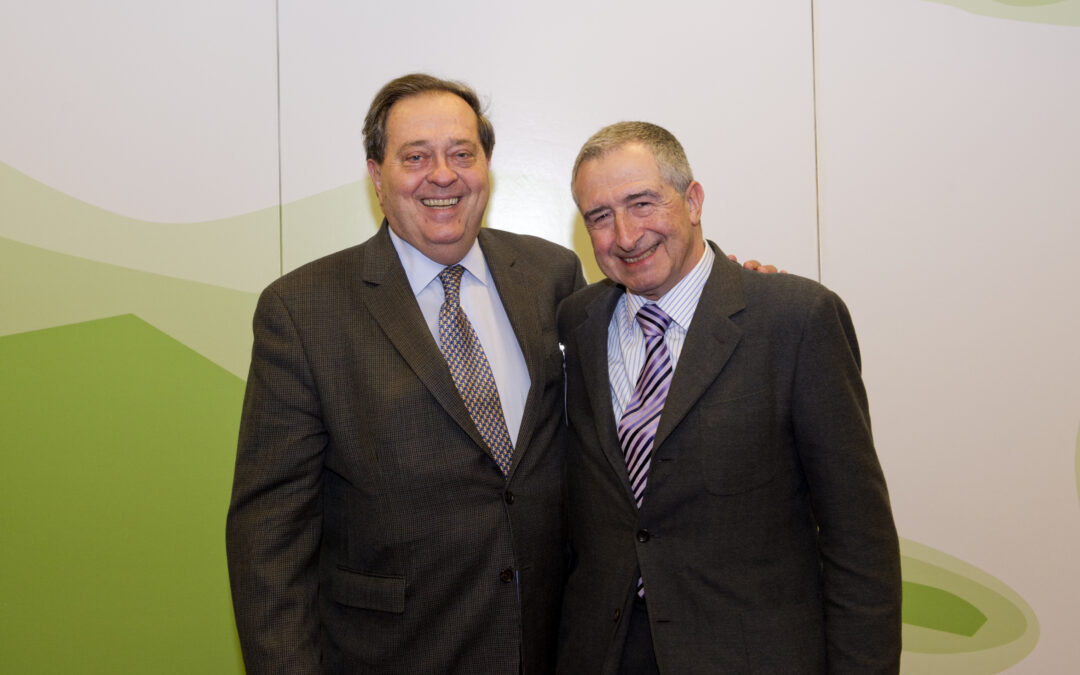
Dec 12, 2012 | Multimedia items, News, Video clips
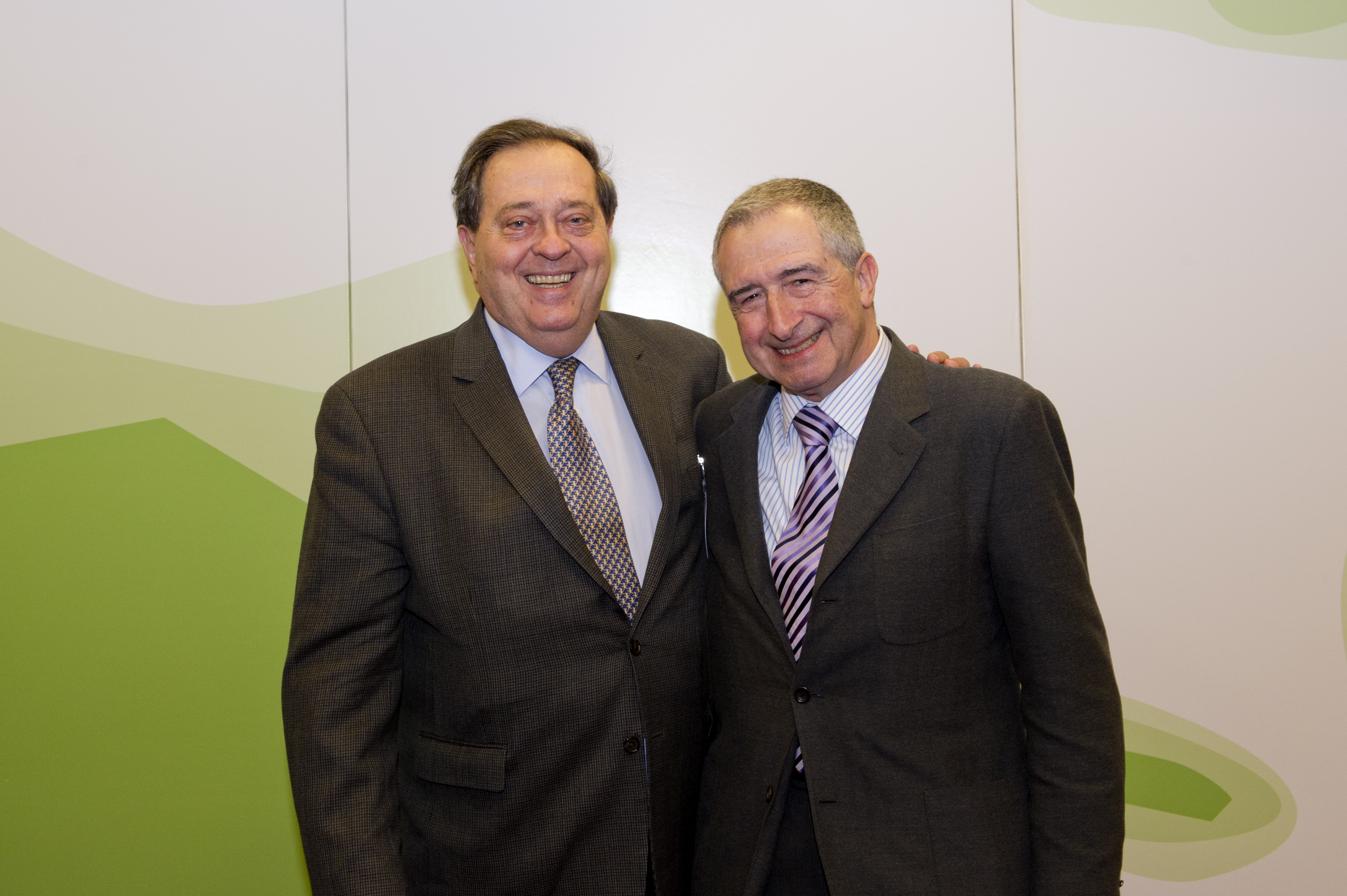 The ICJ 17th World Congress closed today with the adoption of a landmark Declaration on Access to Justice and Right to a Remedy in international human rights systems.
The ICJ 17th World Congress closed today with the adoption of a landmark Declaration on Access to Justice and Right to a Remedy in international human rights systems.
In his final speech at the closing of the Congress, Sir Nigel Rodley, the new ICJ President (photo above, on the right, with Pedro Nikken, outgoing ICJ President) said:
“The ICJ has always been the world’s leading organization of lawyers working for the Rule of Law and human rights. At the ripe young age of 60, it is at the height of its prestige and authority.”
“Led by one of the world’s most experienced international human rights lawyers, Wilder Tayler, of Uruguay, the ICJ is now on a firm footing with a strong secretariat in Geneva – the city of human rights – and an increasing number of offices in key countries and regions of the world.”
“So, the ICJ is well-placed to make an even more significant contribution meeting such challenges as the serious problem of assaults on the independence of judges, lawyers, and prosecutors.”
“There is no justice if people don’t have access to it. The ICJ Congress, with its vast range of eminent expertise, from the ICJ Commissioners, national sections representatives, and guests, adopted a landmark Declaration on Access to Justice and Right to a Remedy in international human rights systems.”
“The focus was how to make international regional human rights systems more able to respond to the needs of those who cannot secure justice at home. There was special urgency bearing in mind the attempts of governments to weaken the systems’ ability to call these same governments to account.”
Sir Nigel Rodley, ICJ President, talks about the Declaration:
To download the text of the full declaration click on the links below:
ICJ 17th World Congress-Declaration and opening speeches-2012 (full text in pdf)
ICJ 17th World Congress-Declaration-2012 (full text in pdf)
ICJ 17th World Congress-Declaration-2012-FR (full text in pdf)
Photo by David Rouge
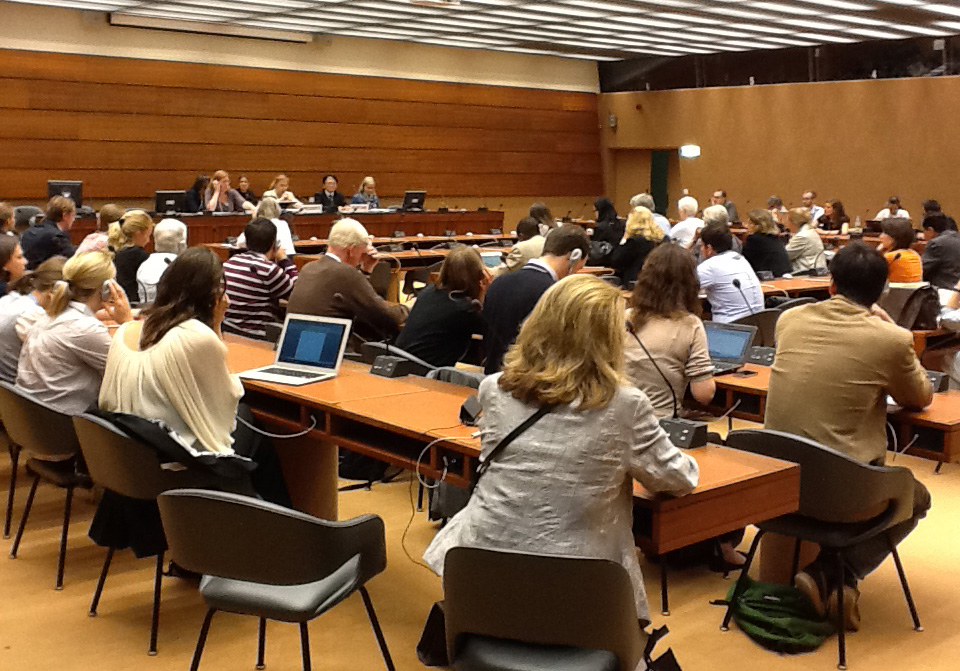
Sep 13, 2012 | Events
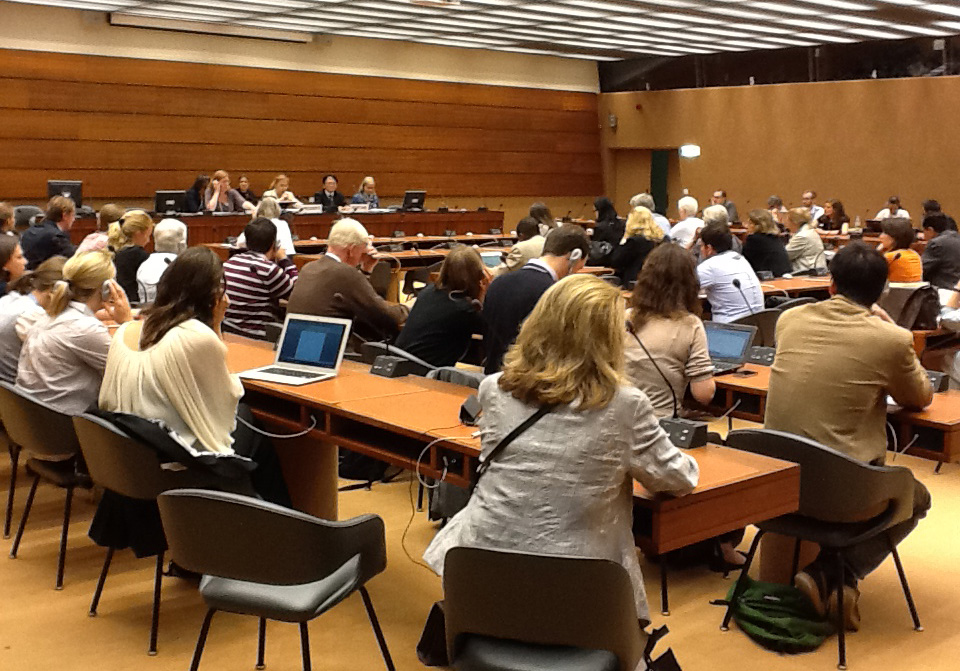 In the margins of the UN Human Rights Council 21st regular session, the ICJ held today a high-level discussion on the role of judges and lawyers in transition.
In the margins of the UN Human Rights Council 21st regular session, the ICJ held today a high-level discussion on the role of judges and lawyers in transition.
The ICJ side event discussed the role of, and challenges faced by, judges and lawyers in transition, especially as this relates to the promotion and enjoyment of truth, justice, reparation and guarantees of non-recurrence.
Panellists included Pablo de Greiff, the Special Rapporteur on the promotion of truth, justice, reparation and guarantees of non-recurrence, Judge Stefan Techsel, Judge Ad Litem at the ICTY, and Govinda Sharma, senior advocate from Nepal.
HRC21-J&LinTransition-flyer-Event-2012 (full text in PDF)
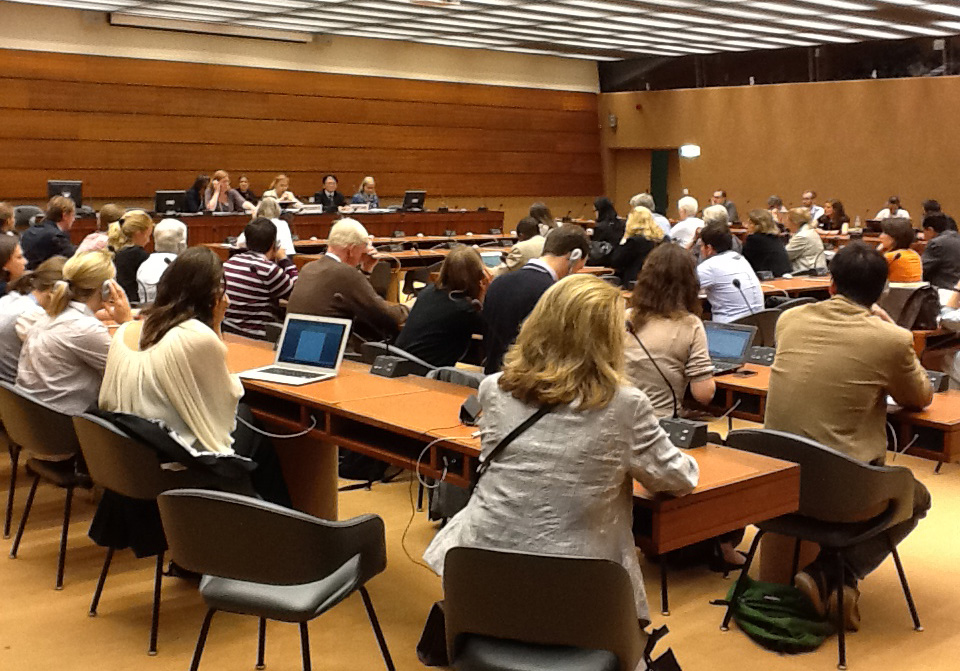
Sep 12, 2012 | Events
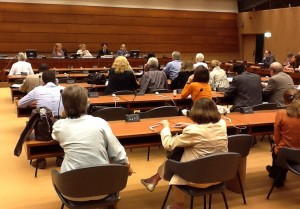 The ICJ, Impunity Watch and other NGOs sponsored today a parallel event to the UN Human Rights Council on the occasion of the presentation of the first report to the Council by the new Special Rapporteur on the promotion of truth, justice, reparation and guarantees of non-recurrence.
The ICJ, Impunity Watch and other NGOs sponsored today a parallel event to the UN Human Rights Council on the occasion of the presentation of the first report to the Council by the new Special Rapporteur on the promotion of truth, justice, reparation and guarantees of non-recurrence.
The parallel event was held 2012 in the margins of the UN Human Rights Council’s 21st regular session. Panelists included the Special Rapporteur, Pablo de Greiff, victims’ representatives from Guatemala and Burundi, Bejamin Mateo Jeronimo and Aloys Batungwanayo, and the Executive Director of Impunity Watch, Marlies Stappers. The event was moderated by Alex Conte of the ICJ.
HRC21-Impunity-ParallelEvent-2012 (download invitation flyer, in PDF)

 Lawyers from all five Central Asian countries participate in the seminar (28-29 March 2013) to discuss the independence of bar associations and problems faced by lawyers in working independently and effectively.
Lawyers from all five Central Asian countries participate in the seminar (28-29 March 2013) to discuss the independence of bar associations and problems faced by lawyers in working independently and effectively.











